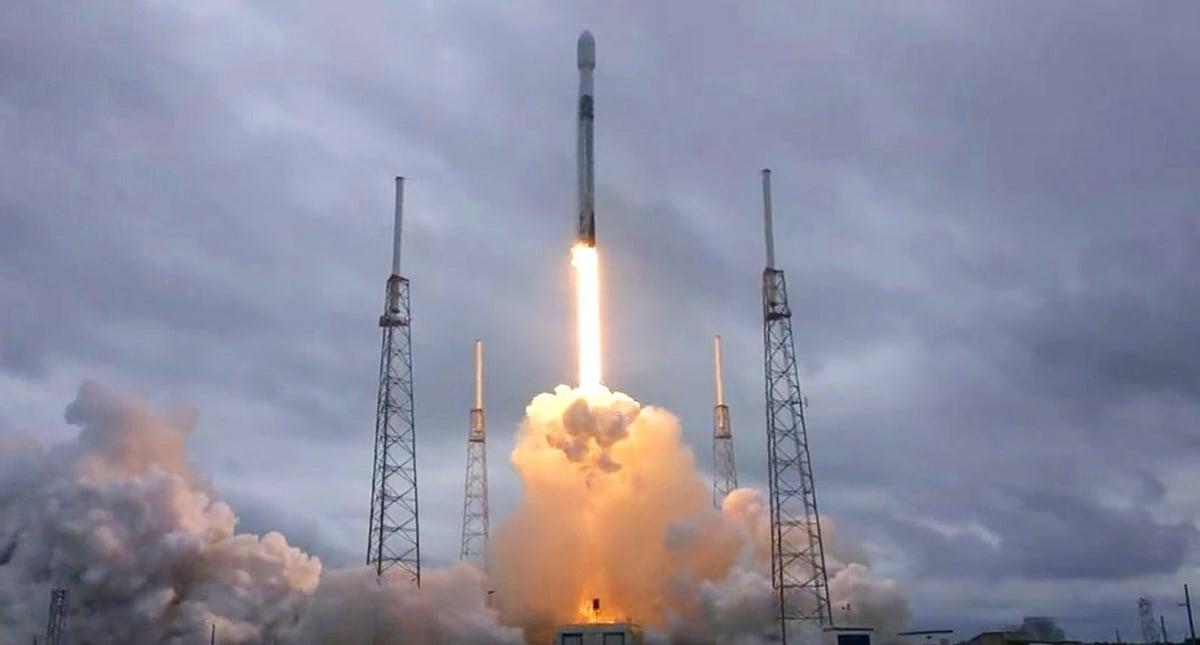Indian space startups Pixxel and Dhruva Space are poised to make a significant global impact with their upcoming satellite launch aboard SpaceX's Falcon 9 rocket from Vandenberg Space Force Base, California, marking a showcase of India’s advancing private space capabilities. This launch includes Pixxel’s completion of the first phase of its Firefly hyperspectral satellite constellation and Dhruva Space’s debut commercial LEAP-01 mission, underscoring India's evolving prominence in earth observation and space innovation.
Key Highlights: Launch Mission Details
Scheduled for late August 2025, the Falcon 9 rocket will carry three Pixxel Firefly satellites along with Dhruva Space’s LEAP-1 mission, India’s critical step into hosted payload services.
Pixxel’s three satellites will complete phase one of its "Firefly" constellation, creating a six-satellite network in sun-synchronous low earth orbit at approximately 550 km altitude.
Each Pixxel satellite weighs about 50 kilograms and is equipped with advanced hyperspectral imaging sensors delivering the highest commercial spectral detail, capturing more than 135 spectral bands with 5-meter spatial resolution and daily revisit capability.
Dhruva Space’s LEAP-1 mission includes payloads from Australia-based Akula Tech and Esper Satellites, featuring edge AI processing and hyperspectral imaging technology aimed at enhancing real-time geospatial data analysis.
The launch is part of a rideshare mission that also includes satellites from other global providers like OHB Italia’s NAOS, Planet Labs, and Capella Space.
Technological and Strategic Significance
Pixxel aims to revolutionize Earth observation by providing highly detailed hyperspectral data that can detect subtle environmental changes such as early crop stress, pollution, and ecological shifts unknown to traditional satellite systems.
Dhruva Space’s hosted payload platform demonstrates modular, scalable satellite services that allow multiple customers’ payloads on a single bus, reducing costs and accelerating access to space-based observations.
The integration of artificial intelligence in onboard data processing enhances the speed and utility of satellite imagery, enabling actionable insights within minutes—a leap forward for sectors like agriculture, climate monitoring, and disaster management.
These advancements position India as a competitive player in commercial space technology and contribute to global efforts in sustainable development and climate action.
Industry and Collaborative Perspectives
Awais Ahmed, CEO of Pixxel, expressed optimism about operating at scale with six satellites, emphasizing the potential to democratize access to hyperspectral intelligence for global challenges.
Dhruva Space highlights the Indo-Australian partnership embedded in the mission, leveraging cross-border collaboration to develop world-class space technology.
The launch managed by Exolaunch underscores the growing role of private launch integrators in enabling timely and cost-effective satellite deployments.
Global Context and Future Roadmap
The Falcon 9 rideshare mission exemplifies the internationalization of commercial space activities, providing startups worldwide affordable access to orbit.
Pixxel plans to extend its constellation further to increase revisit rates and expand digital platforms, making hyperspectral intelligence widely available.
Dhruva Space envisions accelerated hosting of payload missions, enhancing India's footprint in the global market for space-based services.
These efforts align with India’s broader space ambitions and underscore the shift towards private sector leadership in space technology innovation.
Conclusion: India’s Private Space Tech Advances with High-Impact Satellite Launch
The Pixxel and Dhruva Space satellite launch on SpaceX’s Falcon 9 rocket marks a milestone in India’s private space sector, advancing Earth observation capabilities and global geospatial intelligence. By combining hyperspectral imaging, AI-powered processing, and scalable hosted payload platforms, these startups are pioneering new frontiers in spaceborne data and climate action. With this launch, India asserts itself firmly on the international space innovation map, showcasing entrepreneurial dynamism and technical excellence.
Sources: Business Standard, Pixxel, Dhruva Space, Spaceflight Now, Economic Times
